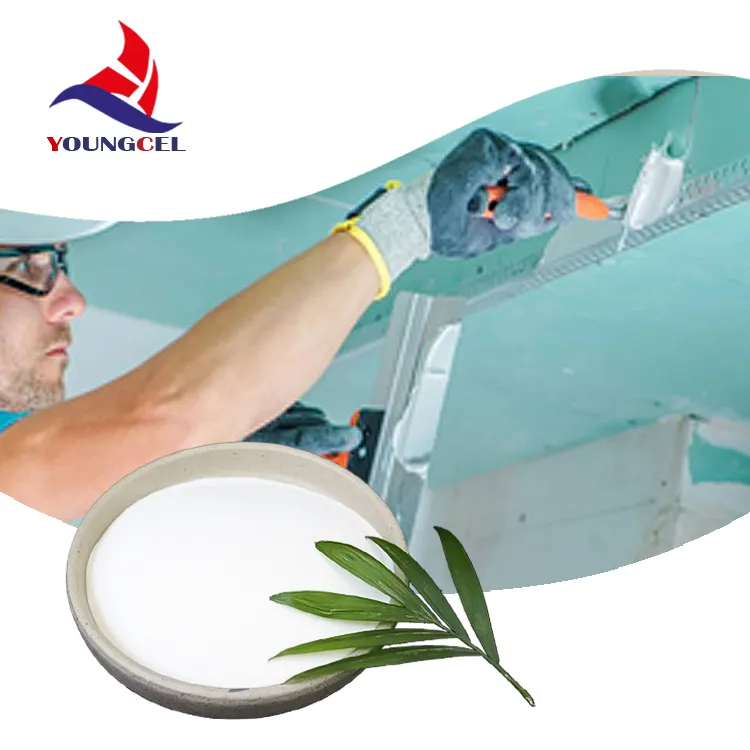Understanding HPMC Manufacturers and Their Importance in Various Industries
Hydroxypropyl Methylcellulose (HPMC) is a versatile cellulose ether used widely across various industries due to its unique properties. It is derived from cellulose, a natural polymer found in plant cell walls, and is modified through chemical processes to enhance its functionality. With the increasing demand for pharmaceuticals, food products, construction materials, and personal care items, HPMC manufacturers play a crucial role in supplying high-quality products that meet diverse regulatory standards.
The Role of HPMC in Various Industries
HPMC is valued for its thickening, binding, and film-forming properties. In the pharmaceutical industry, it is commonly used as a binder in tablet formulations and as a film-coating agent. It helps improve the stability and release profiles of medications, ensuring that patients receive accurate dosages. Furthermore, HPMC is often employed in hydrogel formulations for drug delivery systems, providing controlled release and enhanced bioavailability of active ingredients.
In the food industry, HPMC acts as a food additive, offering functionalities such as texture enhancement and moisture retention. It is used in gluten-free baking, improving the texture and consistency of products that would otherwise be crumbly. Additionally, its emulsifying properties make it suitable for salad dressings and sauces, contributing to a stable product without the need for artificial preservatives.
The construction sector also benefits from HPMC. It is used in various applications, including tile adhesives, plaster, and joint compounds. Its water-retaining properties help in extending the workability time of mortars, allowing for easier application and improved adhesion. As construction materials evolve, the demand for eco-friendly additives like HPMC is rising, making it a preferred choice for sustainable building solutions.
Selecting the Right HPMC Manufacturer
Choosing a reputable HPMC manufacturer is essential for businesses looking to incorporate this additive into their products. Key factors to consider include
hpmc manufacturer

1. Quality Assurance and Certifications A manufacturer should comply with international quality standards such as ISO 9001 and Good Manufacturing Practices (GMP). Certifications provide assurance that the products meet stringent quality specifications.
2. Product Range and Customization Different applications require specific grades of HPMC. Manufacturers that offer a diverse range of product grades and customization options can better meet the unique needs of their customers.
3. Research and Development Capabilities Innovative manufacturers invest in R&D to develop new formulations and improve existing products. Collaborating with companies that prioritize R&D can lead to mutual benefits and advancements in product quality.
4. Sustainability Practices With growing environmental concerns, manufacturers that adopt sustainable practices in sourcing, production, and packaging are more appealing. Responsible manufacturers not only contribute to environmental conservation but also comply with increasing consumer demand for eco-friendly products.
5. Customer Support and Technical Assistance A reliable manufacturer offers robust customer service, providing technical support and guidance to clients. This support is vital for troubleshooting application challenges and optimizing product performance.
Conclusion
HPMC manufacturers play an indispensable role in ensuring that various industries have access to essential materials that enhance product performance and meet market demands. As businesses continue to prioritize quality and sustainability, the partnership with reputable HPMC manufacturers becomes increasingly vital. By understanding the functions of HPMC and the importance of selecting the right manufacturer, companies can better position themselves in their respective markets and deliver superior products to consumers.
-
Premium Detergent Grade HPMC Hydroxypropyl Methylcellulose ThickenerNewsSep.01,2025
-
Premium Detergent Grade HPMC Hydroxypropyl Methylcellulose: Superior Thickening & StabilityNewsAug.31,2025
-
HEC 100000 Hydroxyethylcellulose for Paint | Superior ThickeningNewsAug.30,2025
-
Wall Putty Rdp Powder Packaging DesignNewsAug.29,2025
-
Introduction to Hpmc Hydroxypropyl Methyl CellulosNewsAug.29,2025
-
Hpmc Industri Grade IntegrationNewsAug.29,2025




